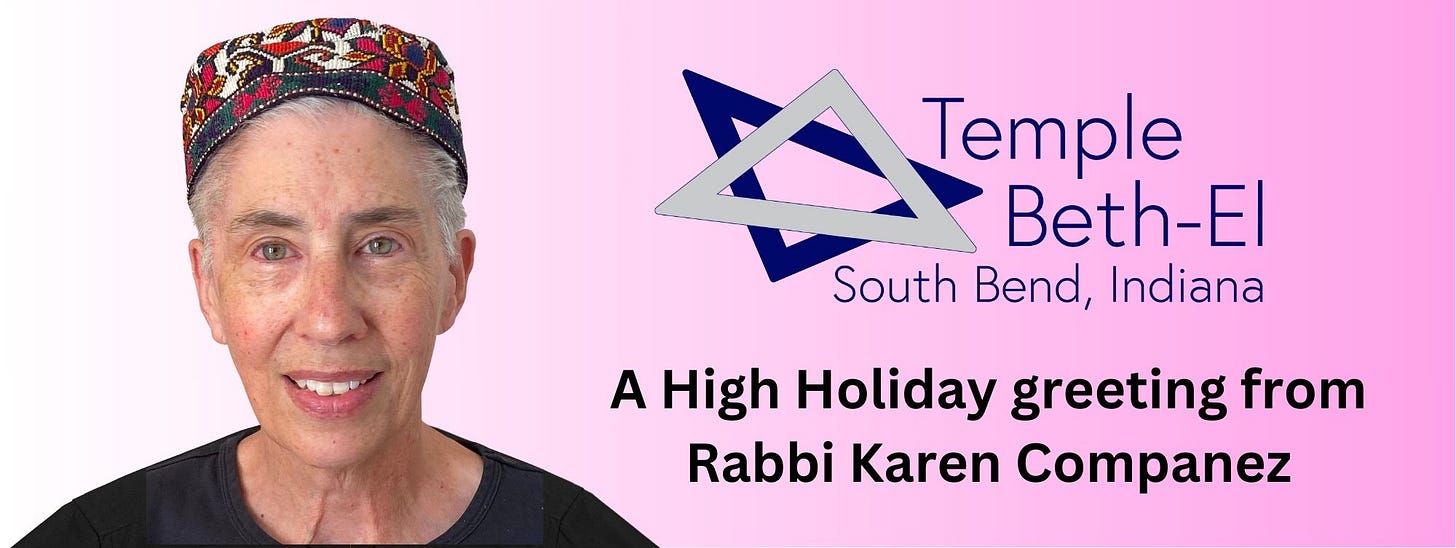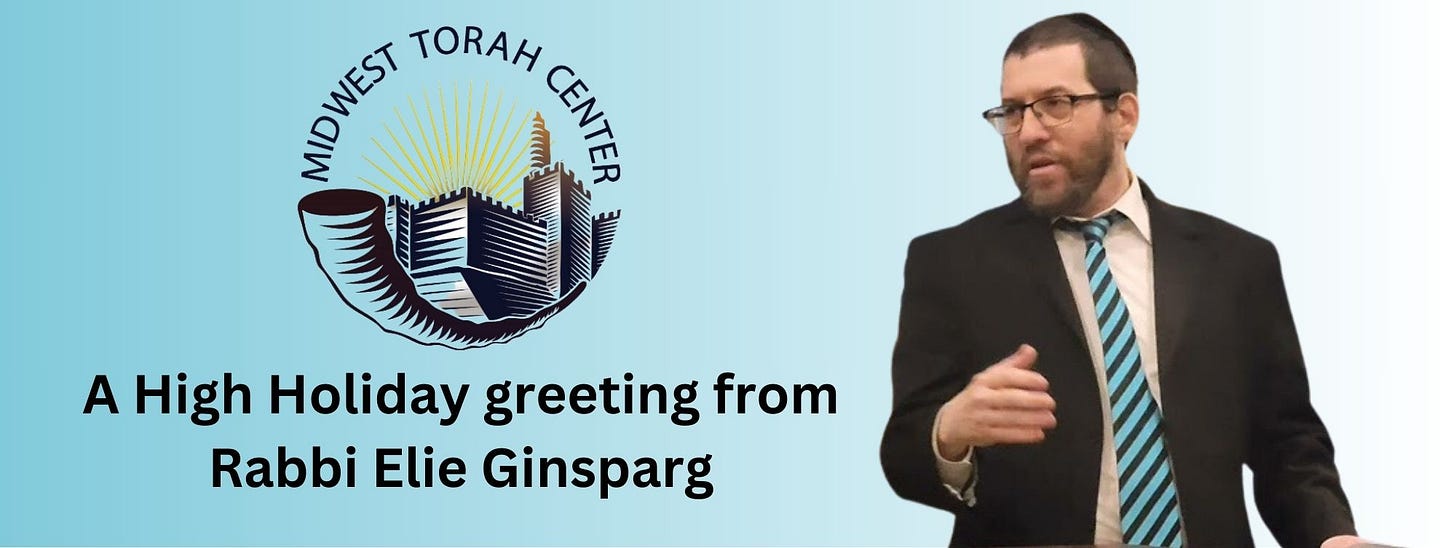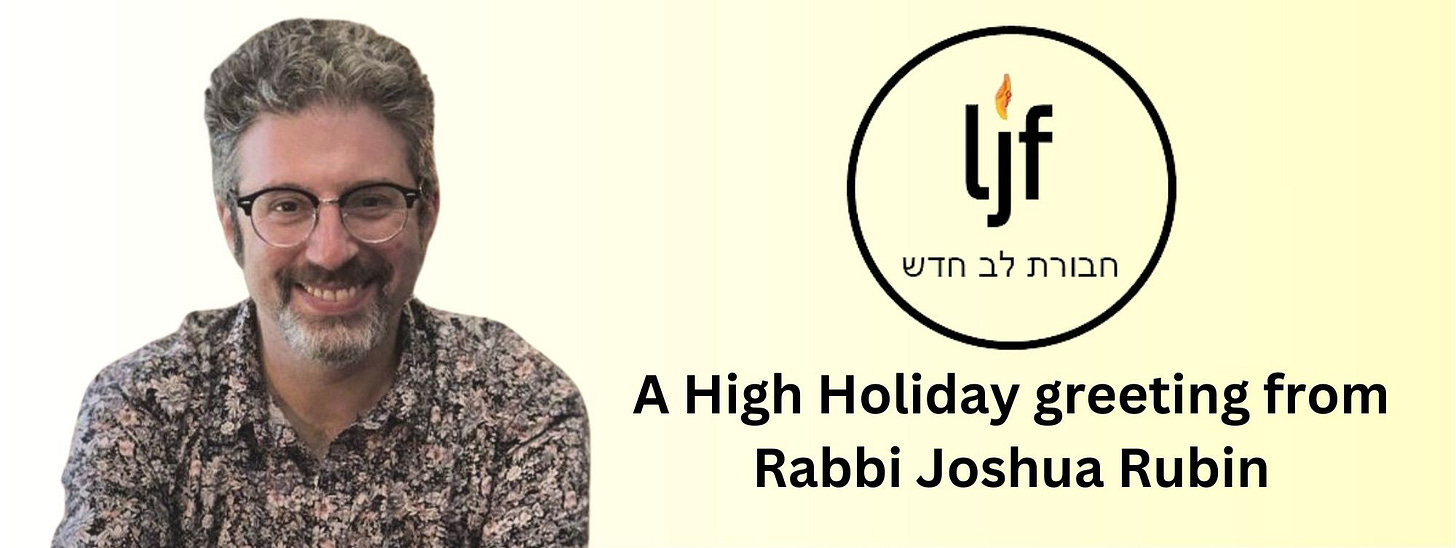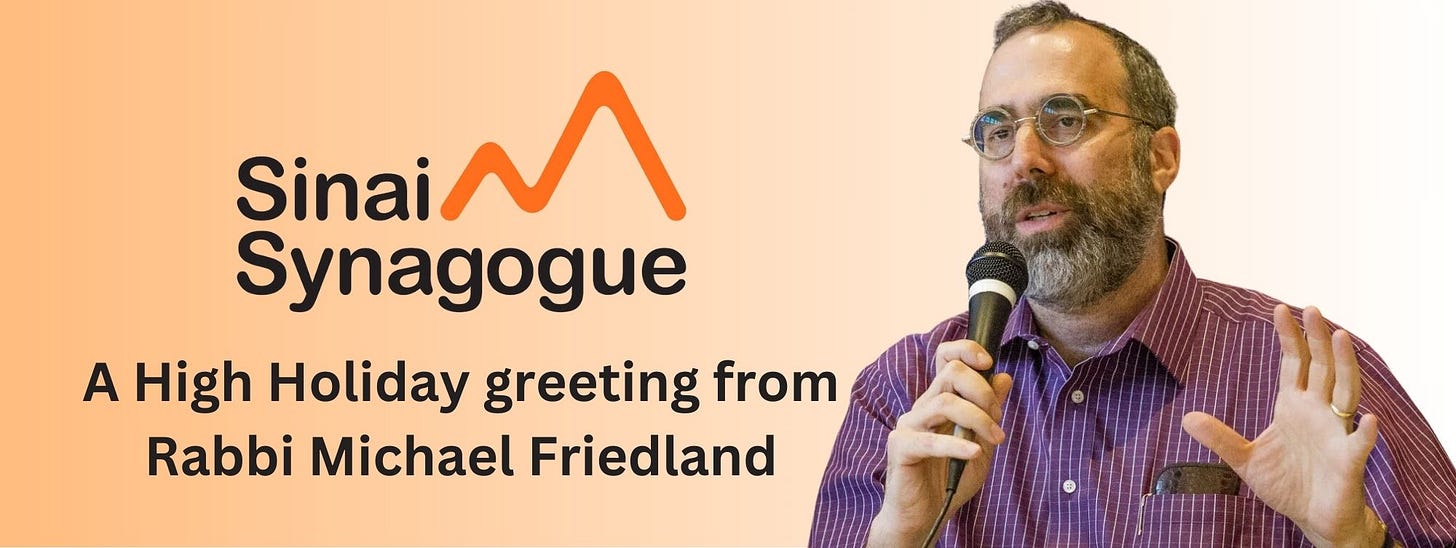Our lives are so fast-paced these days that we need to build in some designated time for sitting back and just taking stock; for thinking about where we are going and what we have done.
For most people, this is easier said than done. It’s easier to just keep going, to send the next email, the next text, to update our Facebook page or our website, or write our next blog. All this activity precludes us from actually having to consider the sometimes-confronting questions of what we are doing with our lives, and is it what we want to be doing?
For some of us, the summer is a time of pausing to reflect, a time for re-evaluation of our lives and of the direction in which they are going.
And then, the High Holydays arrive, and our Jewish calendar provides a very structured way of examining our lives from all sorts of viewpoints, challenging and even sometimes confronting us to delve into the most profound recesses of our hearts, and to think deeply about our lives; are they fulfilling, are they expressing our truest selves, are they living up to our highest ideals?
These are all heady and weighty matters, and perhaps it would be easier to avoid thinking about these topics and simply to continue on with the busy-ness of our lives. But Judaism says to us that now is the time to consider these matters which we may not have thought about during the rest of the year.
Some of us gather for Slichot, the late-night prayer service that ushers in the season of the High Holydays. We change the Torah mantles to the High Holyday white ones to give ourselves a visual cue that the High Holydays are coming soon. Then we gather to hear the call of the Shofar, to listen to the haunting melody of the Kol Nidrei, to be together with our entire community, and to engage in the deepest self-reflection of the year.
Have we done enough for our communities, our families, ourselves? Could we have done more, and will we resolve to do more in the coming year? These are the basic questions with which we are confronted at this introspective time of year.
What are our communities if not a conglomerate of many selves, a collection of single individuals? It is up to each of us to do our part to make our community successful in whatever ways we can.
Perhaps we are able to contribute our time and volunteer to do something to benefit our community.
Perhaps we are able to contribute financially more than we currently do. Or perhaps we are able to offer our talents, whatever they may be. All of these things help to make our community strong.
If you have been thinking about doing one or more of these things, or perhaps something entirely different, to benefit this Jewish community of which you are a part, great. Now is the time to put into action whatever it is you have been thinking of doing. Please don’t wait to be asked. Simply come forward and say “Hineni – here I am” – I’ll do it.
L’shana tova tikateivu – may you and your loved ones be inscribed in the Book of Life.
Rabbi Karen Companez
Temple Beth-El
tbe-sb.org







